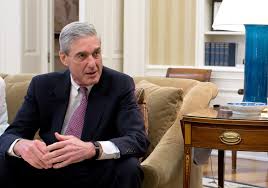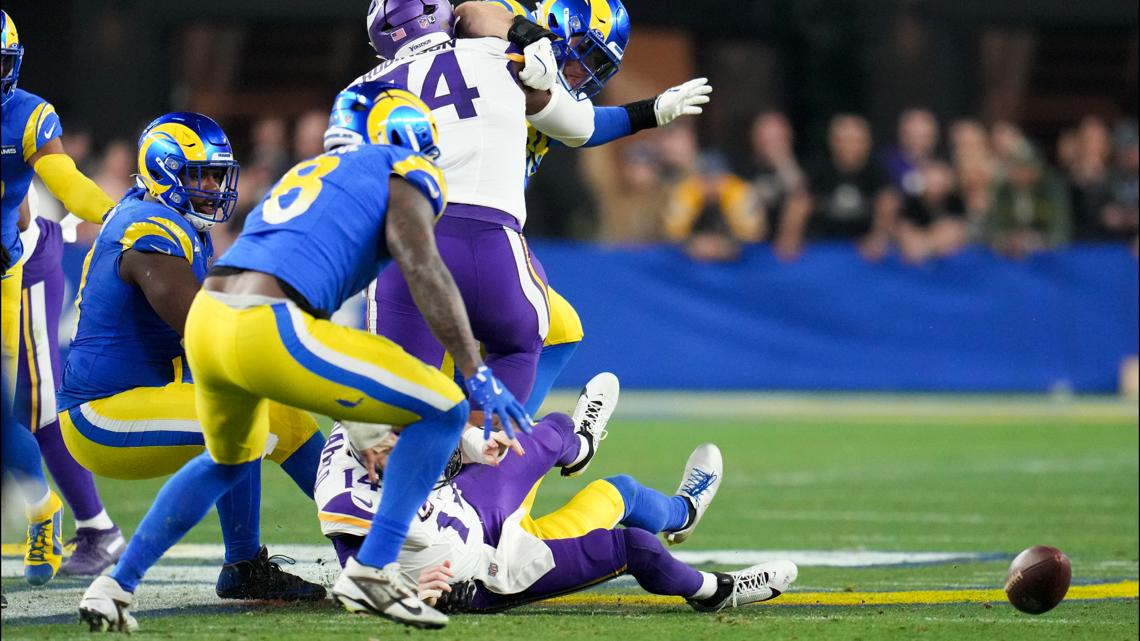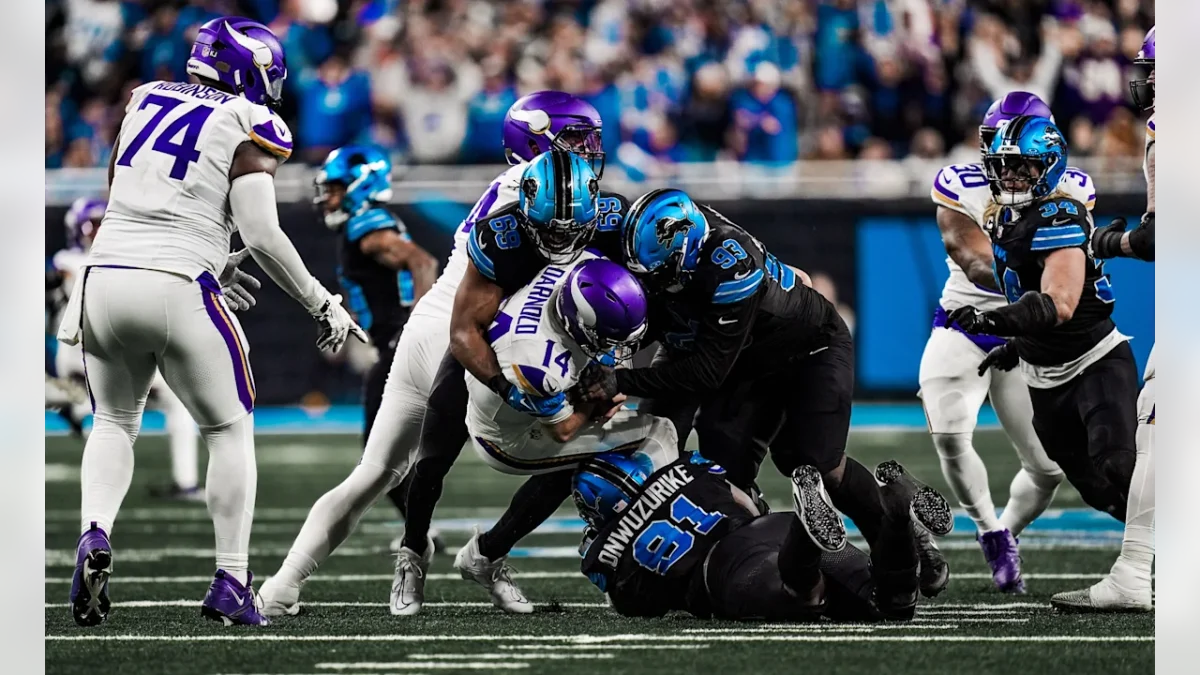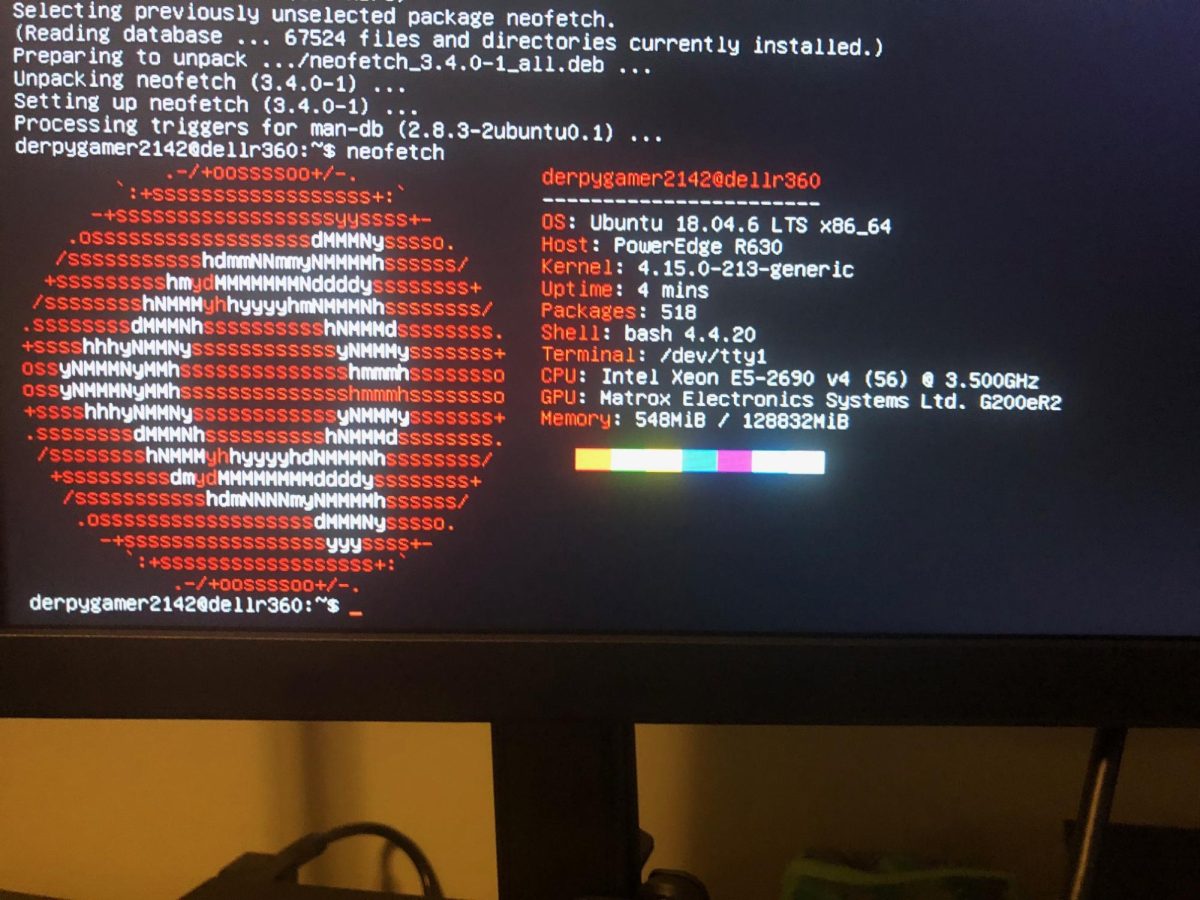Mueller Report: What comes next?

Robert Mueller, former Director of the FBI, in a meeting with President Barack Obama and Vice President Joe Biden in the Oval Office.
Marking almost two years since the beginning of Robert Mueller’s Special Counsel investigation over the possibility of Russian involvement with the 2016 election, the Mueller report has been released to the public. The major topics in the report center around collusion–Russia’s involvement with the election–and obstruction of justice, or President Donald Trump’s possible interference with investigations. Due to the Freedom of Information Act, the Department of Justice has released the majority of the report, inevitably sparking discussions from both sides of the aisle regarding the next step, with 2020 looming in the distance.
Mueller concluded his investigation in March and released a 448 paged report on his findings. While he stated that President Trump had indeed “taken steps” that could be labeled as an obstruction of justice that could have harmed future investigations, he was reluctant to conclude any necessary sentencing for the president.
“I think that the Russian Investigation was a serious concern regarding the current administration. It is evident that something was going on due to all the indictments and those around Trump being jailed,” junior Emma Davie said.
Following the beginning of the Special Counsel report led by Mueller in 2017, the former FBI director indicted 34 people who have been convicted or plead guilty to a series of charges surrounding the central question of Trump’s possible involvement with Russia. Among those convicted was the Internet Research Agency, a troll farm from St. Petersburg convicted of meddling in the 2016 election, and Paul manafort, lobbyist and Trump’s campaign chairman, who was sentenced to seven and a half years in prison for financial crimes and alleged collusion with Russia.
“It is quite disappointing that nothing really came out of this two year scandal, however, I do hope that it opens people’s eyes to how corrupt and secretive politics can be,” Davie said.
Attorney General Bill Barr refused to show up in court before the House Judiciary Committee, which sparked debate over whether or not he should be forced to testify, or the possibility of convicting him for denying congressional subpoenas. The House could advance a civil contempt resolution, which would allow the House to go to federal court which would allow for the compliance of the Justice Department with Nadler’s–the House Chairman–subpoena. Under inherent contempt, the House could also attempt to enforce the subpoena with a fine or imprisonment of Barr.
On Tuesday, May 7, Senate Majority Leader Mitch McConnell announced in a hearing that the case is closed for the Mueller report. While the Democratic controlled House Judiciary Committee is still searching to indict, with Speaker of the House Nancy Pelosi arguing that the case is not closed, there is seemingly no end in sight. Senator Elizabeth Warren stated on twitter that the remaining questions surrounding the investigation should be “left to the Senate Intelligence Committee to finish its bipartisan counterintelligence investigation, so we can make sure this never happens again.”
“Though people were indicted, the implications of the Mueller report have been blown out of proportion, as no substantial link to the Trump administration has been heavily displayed,” sophomore Charlie Simon said.
Following the indictments, as well as the lack of certainty revealed from the Mueller report, America’s next step is finding a way to avoid interference–or the implications of it–in the 2020 election. Congress passed retaliatory sanctions in 2018, which froze the assets of some Russian military and intelligence officials and barred their travel abilities. The continuation of actions similar to this set a precedent for possible repercussions if instances similar to the 2016 election occur in future elections. No matter the future regarding the Mueller report, ethical and moral conclusions can be drawn at the forefront of a technologically advanced world and heightened foreign relations.
“I think it’s important for the public to be fully informed on the happenings surrounding the Mueller report. It is a citizen’s right to know the findings of it, regardless of the implications,” junior Margaret Kraus said.


















































